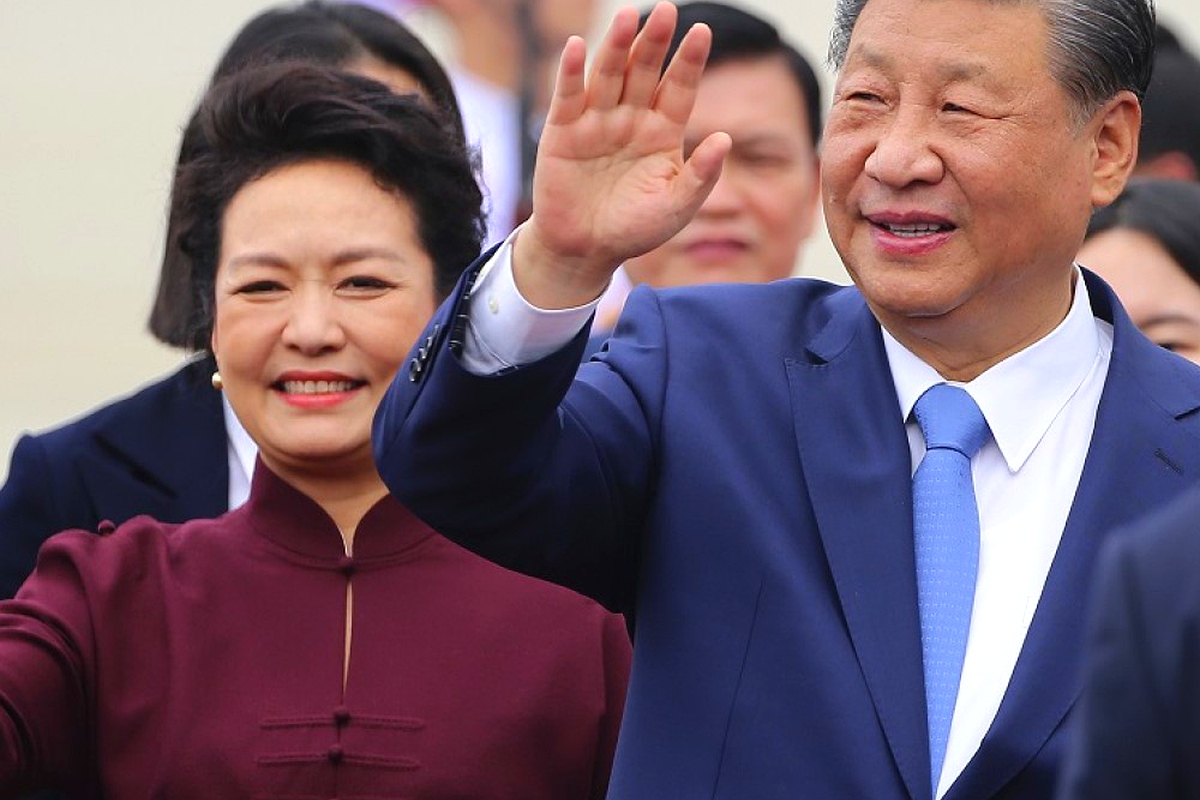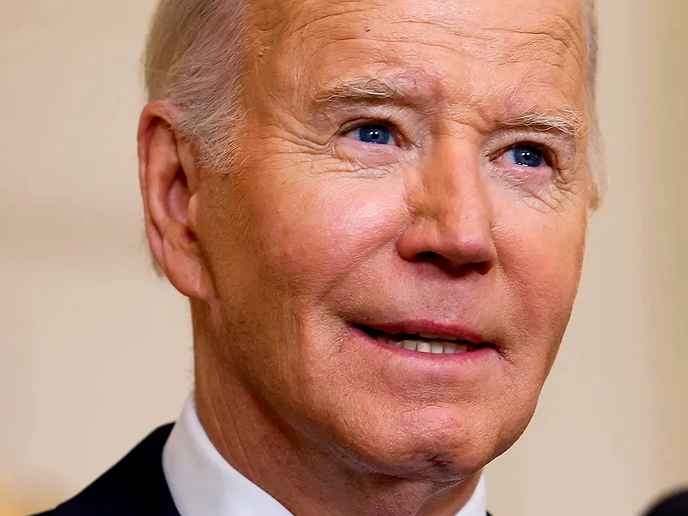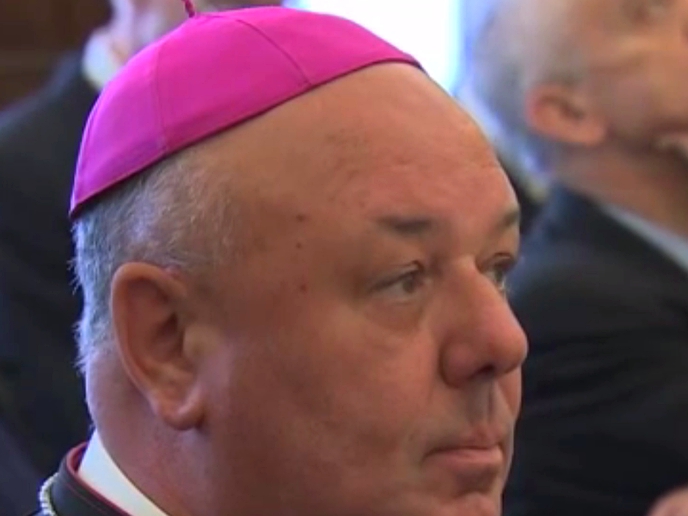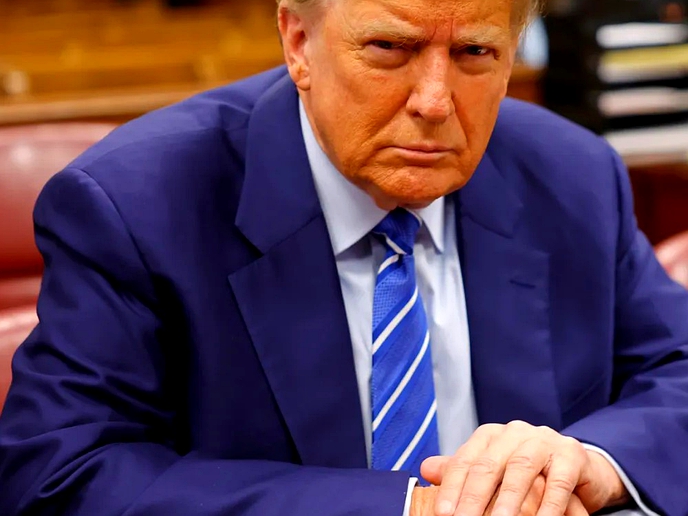CHINA’s President Xi Jinping begins a two-day visit to Vietnam on Tuesday to build a “community with shared future”, three months after US President Joe Biden travelled to Hanoi as the major powers vie for influence in the Southeast Asian nation.
world
Dec. 12, 2023
FIRSTPOST
3 min read
Xi Jinping begins two-day visit to Vietnam

Chinese President Xi Jinping arrives in Vietnam
Story highlights
The trip, Xi’s first in six years, has been months in planning and was even briefly considered to take place days before Biden’s visit, according to officials.
It aims to boost relations between the two Communist-ruled countries which have very close economic ties but are at odds over boundaries in the South China Sea and have a millennia-long history of frequent conflict.
The visit has been delayed also because of prolonged discussions over how to phrase the countries’ enhanced bilateral relations, which Beijing wants to be framed as “shared destiny,” a reference that Hanoi has resisted but is expected to have eventually accepted, according to officials and diplomats.
In an opinion article published on the newspaper of the Vietnamese Communist party ahead of his visit, Xi said a “community with a shared future” between the two countries would carry strategic significance.
Beyond the symbolism of elevating ties to a notch that Beijing may see as being above the US-Vietnam relationship, the upgraded status comes with the signature of “dozens of cooperation documents,” according to China’s ambassador to Vietnam Xiong Bo, as reported by Vietnamese state newspaper Tuoi Tre before the visit.
Among the expected deals are Chinese investments to upgrade rail links between the two neighbours, which would include grants, although the volume of aid is not clear and neither is the amount and terms of possible loans.
Both countries have expressed interest in boosting transport connections. Vietnam is willing to export more to China, especially farm products, and Beijing wants to integrate northern Vietnam further into its southern supply chain networks.
Enjoy our daily newsletter from today
Access exclusive newsletters, along with previews of new media releases.
Many Chinese companies have moved part of their operations to Vietnam at a faster pace this year than before the pandemic to be closer to Western clients in Vietnam, lower risks from U.S.-China trade tensions and reduce exposure to China’s weakened economy.
Strengthened rail connections would facilitate import of components from China for assembling in Vietnam, effectively expanding China’s new silk road, which Beijing calls the Belt and Road Initiative (BRI).
Xi said in his op-ed that work should accelerate on infrastructure-building cooperation.
China has also pushed to include Vietnam in its Digital Silk Road, which may entail investments for new undersea optical fibre cables, the 5G network and other telecoms infrastructure.
The only project so far that has received BRI loans in Vietnam is the Hanoi metro, although Vietnam prefers not to openly label it as a BRI project, in a sign of how sensitive it is to show too close ties with Beijing.
Easier trade and stronger cooperation in several sectors including renewable energy, rare earths and tourism are also among the possible agreements.
Xi said the two countries should broaden cooperation in connectivity, reform of state owned enterprises, green energy and critical minerals.- Firstpost
Tailored for you






